Water Coming Through Basement Wall
This can happen during long periods of rain when the ground becomes oversaturated with water. 9 Check for clogged eaves and downspouts.
 Waterproofing Basement Walls 8 Dos And Don Ts Bob Vila
Waterproofing Basement Walls 8 Dos And Don Ts Bob Vila
High water-table flooding basement.

Water coming through basement wall. Small pools of water in your basement or crawlspace likely mean that there is an issue somewhere. This standing water can make its way through walls by making cracks into it. When pipes pass through basement walls underground ground water can leak in around the pipes and through the concrete.
If water in the basement didnt come through the wall then it must have come either over the wall or from beneath the basement floor unless there is actually a plumbing leak responsible for the problem. If water is coming through the basement floor or coming in where the basement walls meet the floor then the source of the water is likely subsurface groundwater. When water begins to leak into your basement between where the bottom of the wall and the floor meet this is commonly due to what is called hydrostatic pressure.
This is when standing water under the foundation begins to rise up and seep through small cracks. Water trapped in the soil around the walls puts pressure on the mortar between blocks and gradually works its way through. Water can leak through cracks or it can penetrate porous concrete or masonry walls in the form of water vapor.
For example there are chances that there may be standing water outside your basement walls. Make sure that your gutters are free of debris and working properly and that your downspouts take water. This dam-and-channel system goes around the perimeter of the basement floor and collects water that flows down or through the walls or floor routing it to a floor drain or sump pump.
To figure out whats causing the problem tape aluminum foil to your basement wall and inspect it a few days later. This pressure is due to poor drainage and dirt soil. Many times shifting soil or a house settling can create a gap around the pipe and an escape route for water before it reaches the foundation drain pipe.
There are a few reasons for this. Start by looking for standing water. This water in the soil creates pressure on your basement wall and floor.
Damp or humid air a musty smell and mold or mildew are also signs that you have excess moisture. It is common to find basement walls covered in a white powder-like substance this is called efflorescence. Check out this rare video clip of water coming up through a basement floor.
In most cases the basement is home to large appliances such as a water heater and HVAC unit all of which can be damaged by water in the wiring. Just the same as when water penetrates cracks in cement floors it will also make its way through any crack in basement walls. If enough water builds up in the cracked mortar it can begin to seep through the wall.
These cracks may appear on the basement wall due to a number of reasons. Pressure from the water beneath your home can cause cracks in the basement floor which leads to water coming up through the basement. If water enters the walls of your basement it can cause major damage to the electrical wiring.
You may notice some cracks into the walls of your basement which allows the water coming in. If your water leak isnt coming from the. Dont assume that just because you dont see water youre in the clear.
It may be coming from a leak in your roof or walls or seeping in through basement walls. A humid atmosphere can quickly see the emergence of mould spores on the wall just like any other room in the property. Seeping is especially common in basement walls or walls at least partially underground.
The reason water is seeping through the basement floor The biggest reason for water seeping through the basement floor is that the soil around the house has too much water in it. Hydrostatic pressure - Rising groundwater and saturation during wet weather causes hydrostatic pressure which pushes against the foundation and pushes water through cracks and openings in the. Hydrostatic pressure is the pressure that standing water creates.
Rainwater melting snow or groundwater can saturate the soil around your foundation and leak in. If you have water in the basement after the rain has stopped then it may cause floor cracks.
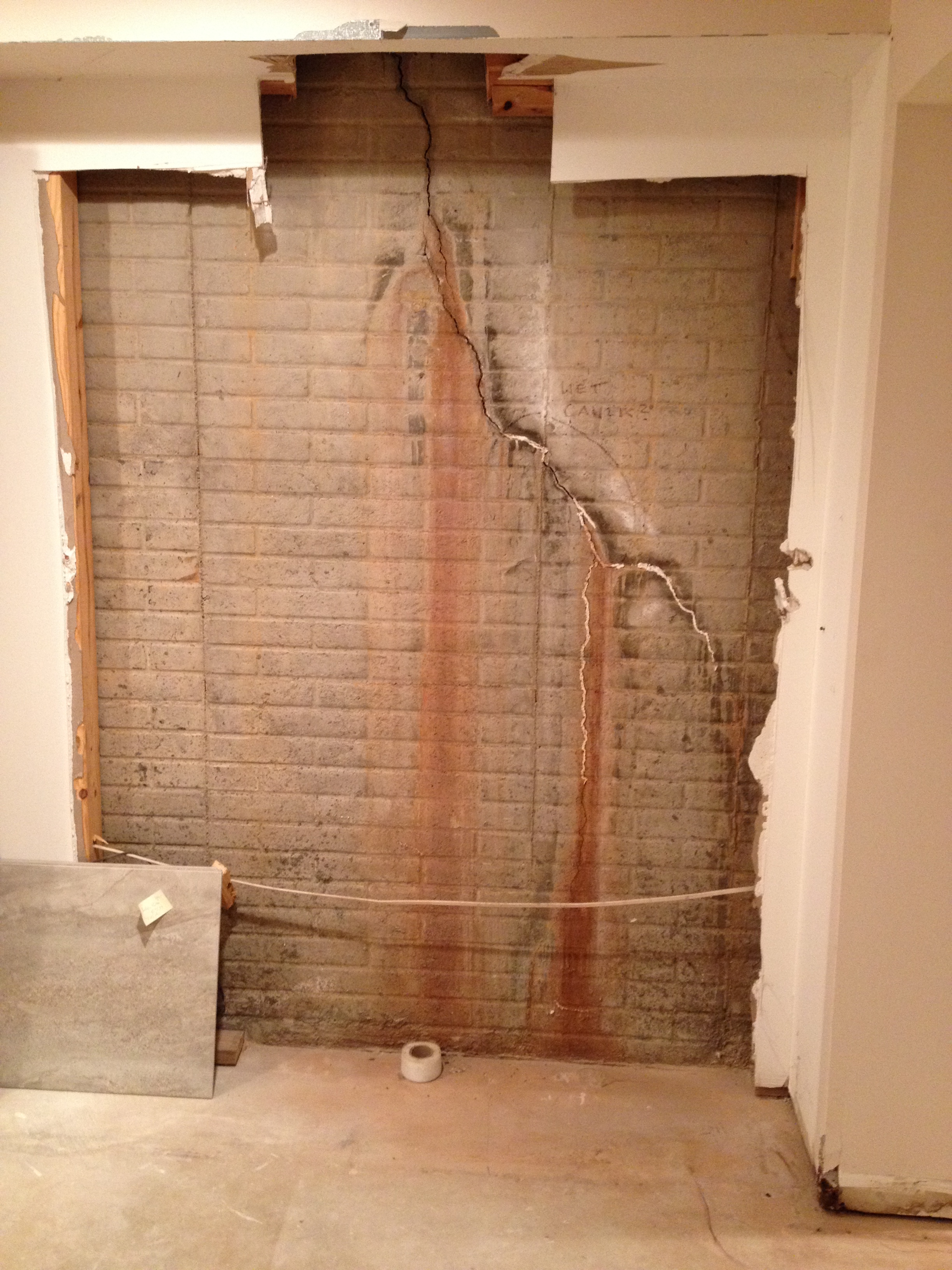 Water Leak In Basement Foundation Walls
Water Leak In Basement Foundation Walls
 How To Stop Leaks In Concrete Walls Youtube
How To Stop Leaks In Concrete Walls Youtube
 Wet Leaky Basement Wall Problem Foundation Cracks Leaking Water Into Home Waterproofing Basement Wet Basement Solutions Wet Basement
Wet Leaky Basement Wall Problem Foundation Cracks Leaking Water Into Home Waterproofing Basement Wet Basement Solutions Wet Basement
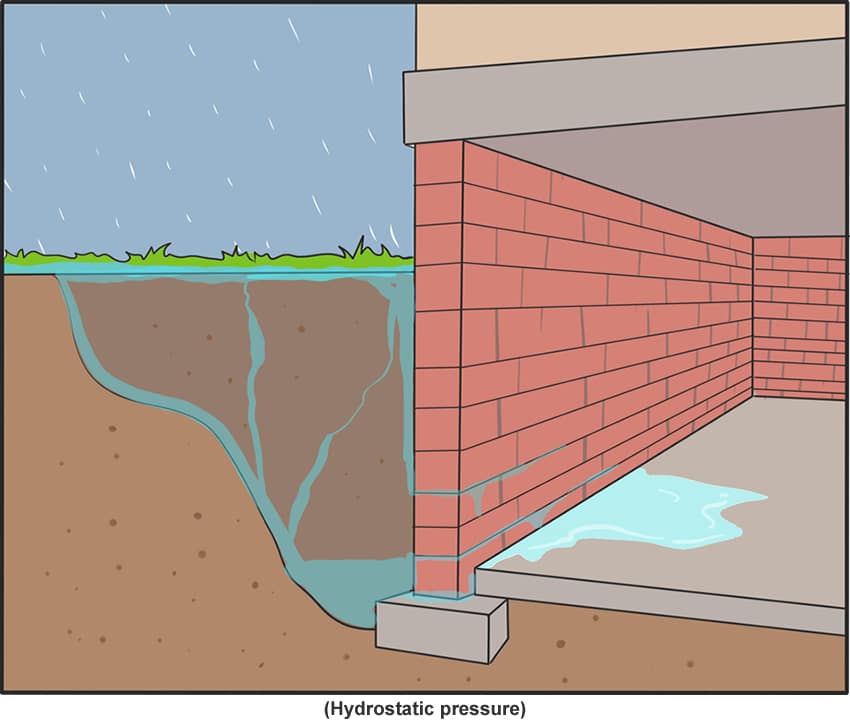 Basement Is Leaking Where The Floor Meets The Wall
Basement Is Leaking Where The Floor Meets The Wall
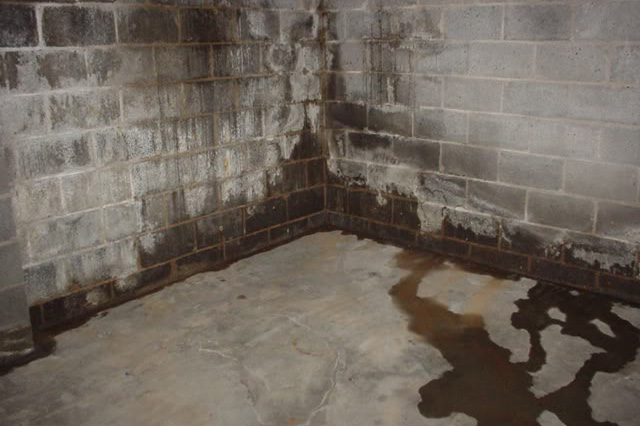 Water Proofing Basement Basement Waterproofing Costs
Water Proofing Basement Basement Waterproofing Costs
 Lancaster Pa Basement Waterproofing Access Basement Systems
Lancaster Pa Basement Waterproofing Access Basement Systems
 Waterproofing Basement Walls 8 Dos And Don Ts Bob Vila
Waterproofing Basement Walls 8 Dos And Don Ts Bob Vila
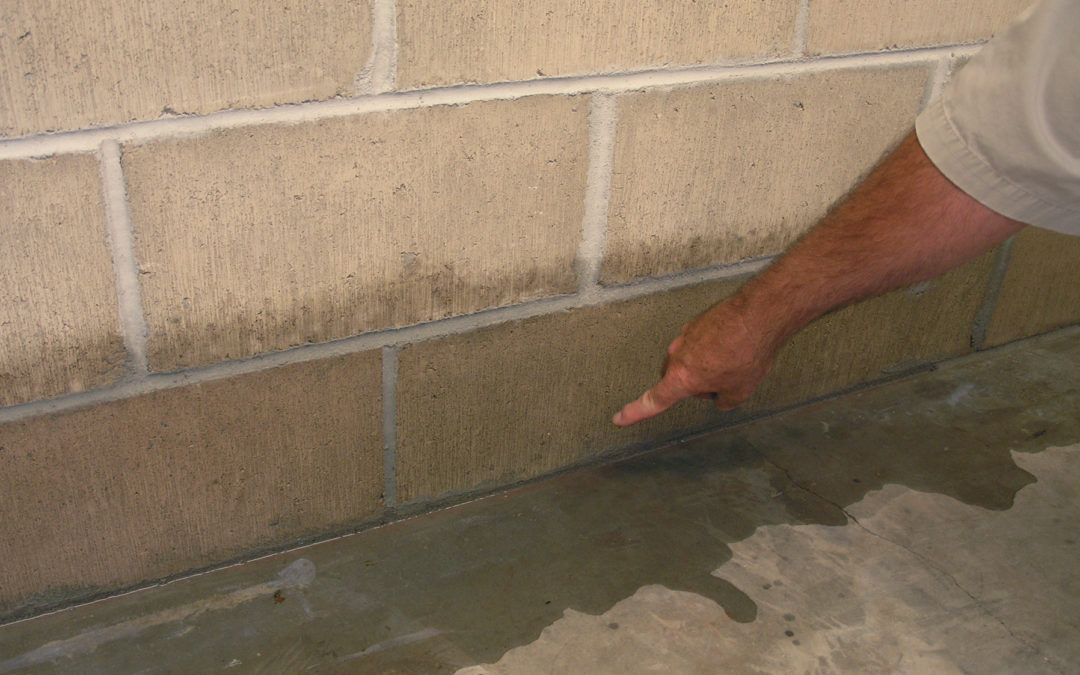 Basement Waterproofing Costs Estimated Costs To Fix A Wet Basement
Basement Waterproofing Costs Estimated Costs To Fix A Wet Basement
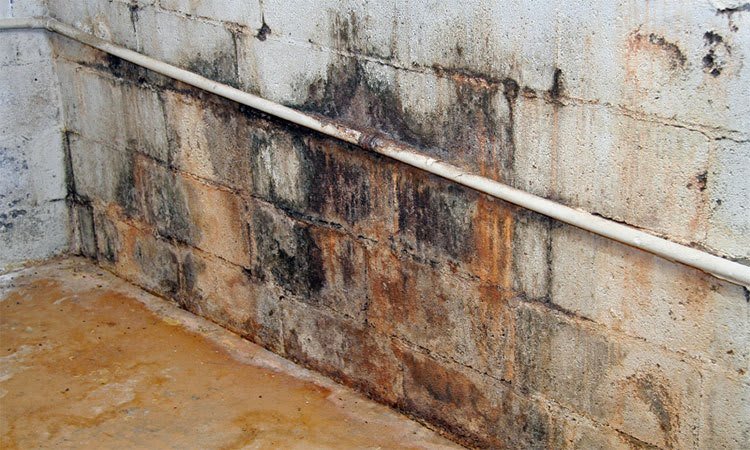 Top Causes Of Water Seepage And Basement Leaks
Top Causes Of Water Seepage And Basement Leaks

 Bdry Water Seeping Through Basement Wall
Bdry Water Seeping Through Basement Wall
 Where And Why Do Basements Leak What Causes Basement Leaking
Where And Why Do Basements Leak What Causes Basement Leaking
 The Basement Doctor Of Central Kentucky Basement Waterproofing Photo Album Flexispan To Seal Cracks In A Basement Wall In Louisville Ky
The Basement Doctor Of Central Kentucky Basement Waterproofing Photo Album Flexispan To Seal Cracks In A Basement Wall In Louisville Ky
 Make Your Wet Basement Dry Diy Repair Guide Radonseal
Make Your Wet Basement Dry Diy Repair Guide Radonseal
Comments
Post a Comment